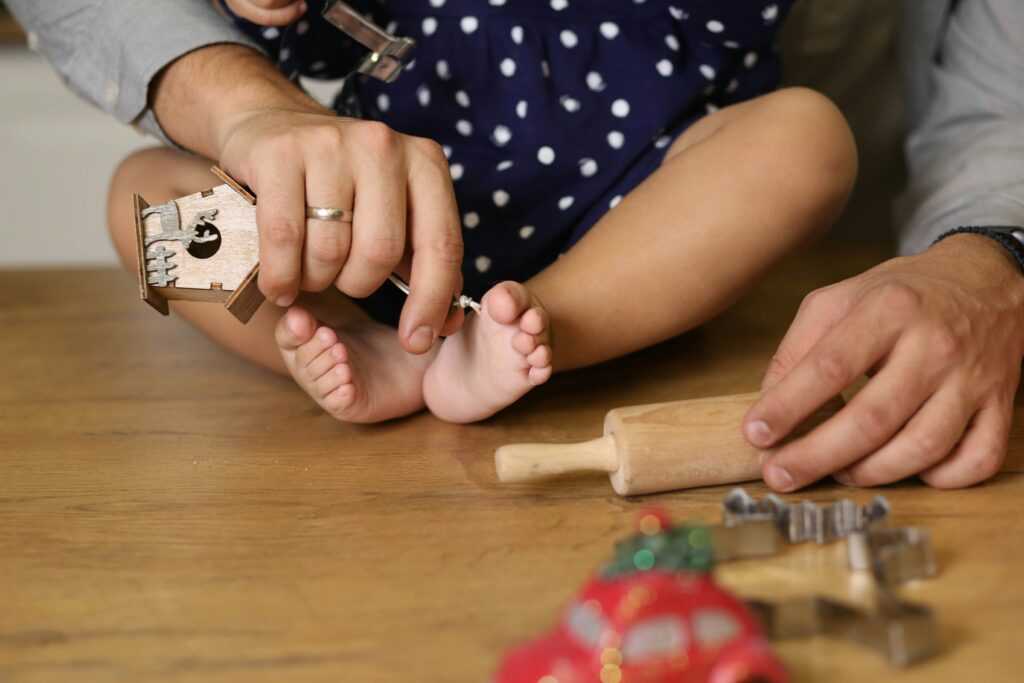The Role of Multiplayer Games in Social Skill Development
Multiplayer games play a crucial role in developing social skills. They create immersive virtual environments where players interact, learn, and grow.
Exploring Interaction in Virtual Environments
Virtual environments offer unique settings for interaction such as:
- chat
- voice
- actions
For example, during intense game moments, quick and effective communication is essential.
These interactions mimic real-life conversations, teaching players to convey messages clearly and respond appropriately. Players learn active listening and empathy by understanding teammates’ perspectives.
Building Teamwork and Communication Skills
Multiplayer games require players to work as a team. Success in games like “Overwatch” or “League of Legends” depends on coordinated actions, strategy, and mutual support.
Players develop teamwork by understanding roles and responsibilities.
They practice conflict resolution during in-game disputes. Effective communication skills are honed by discussing tactics, sharing insights, and giving constructive feedback.
Key Benefits of Multiplayer Games for Social Development
Multiplayer games offer several advantages for social development, enhancing players’ interpersonal skills and emotional insights. These games teach empathy, cooperation, and conflict resolution.
Enhancing Empathy and Emotional Intelligence
Multiplayer games encourage players to understand others’ perspectives. In “Among Us,” players must deduce motives, allowing them to practice empathy.
Such games foster emotional intelligence by requiring emotional regulation and understanding non-verbal cues.
Empathetic interactions improve through recognizing and responding to teammates’ emotions appropriately.
Improving Cooperation and Conflict Resolution
These games demand teamwork and problem-solving. In “Fortnite,” players coordinate strategies, teaching effective communication and cooperation.
When conflicts arise, like competing for resources, resolving these disputes enhances negotiation skills.
Cooperative tasks in multiplayer settings mirror real-life scenarios, providing practical conflict resolution experience.
Popular Multiplayer Games That Promote Social Skills

Several multiplayer games significantly enhance players’ social skills by promoting creativity, communication, and trust among participants.
Minecraft: Fostering Creativity and Collaboration
Minecraft encourages players to engage in a sandbox environment where creativity and collaboration are key. Players can create worlds, build structures, and work on projects together.
For example, building a large-scale city requires coordination and role assignment.
Collaborative efforts develop planning and organizational skills. Players negotiate roles, share resources, and solve problems, directly translating to real-world social applications.
Among Us: Enhancing Strategic Communication and Trust
Among Us challenges players to communicate effectively and build trust while identifying impostors. Participants must discuss, deduce, and strategize to determine who the impostors are among the crew.
Successful teams use strategic communication to share observations and suspicions while maintaining trust.
The game fosters critical thinking and empathy as players must understand others’ perspectives and motives to succeed.
Engaging in these discussions hones negotiation and persuasive skills essential for conflict resolution.
The combination of creative tasks in Minecraft and strategic interactions in Among Us provides diverse opportunities for developing important social abilities.
Strategies to Maximize Social Skill Development in Gaming
Utilizing multiplayer games for social skill growth requires clear strategies. Follow these steps to enhance the developmental benefits of gaming.
Choosing the Right Games
Selecting the appropriate games makes a significant difference. Look for games promoting cooperation, communication, and problem-solving.
Titles like “Fortnite” and “Among Us” foster teamwork and strategic thinking.
Ensure the game provides opportunities for interaction, such as chat functions or cooperative tasks. Research games to understand how their mechanics support social skill development.
Creating a Supportive Gaming Environment
Establishing a positive gaming atmosphere encourages social growth. Create a space where players feel comfortable expressing themselves.
Encourage respectful communication during gameplay. Set ground rules for behavior and ensure everyone adheres to them.
Use voice chat or in-game messaging systems to promote open discussions.
Reinforce positive interactions and address negative behavior immediately. This supportive environment helps build trust, empathy, and effective communication skills.


